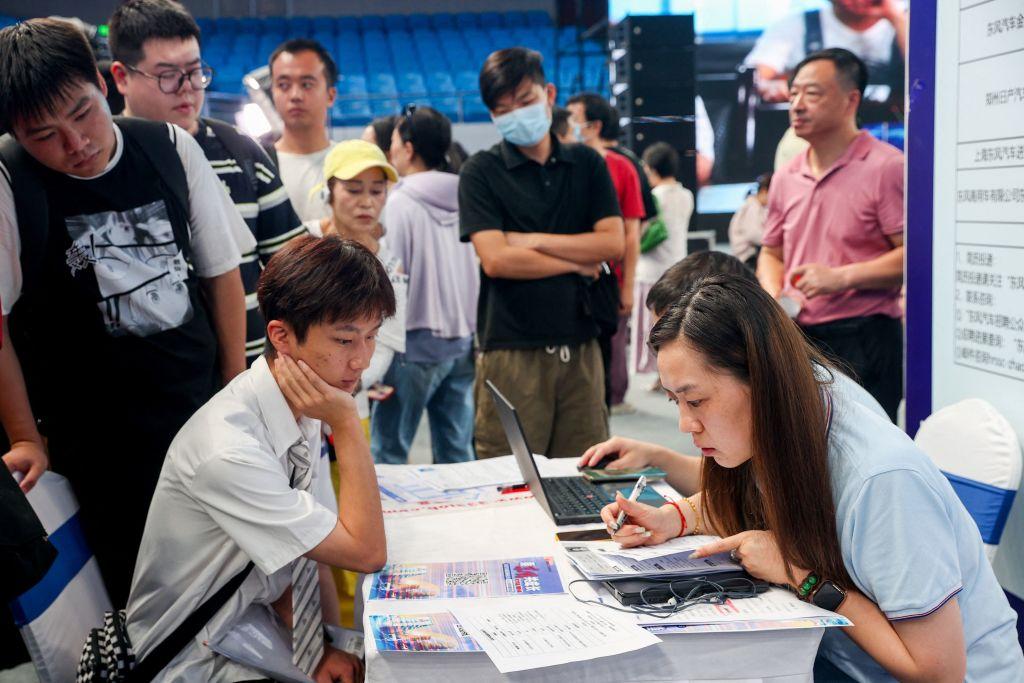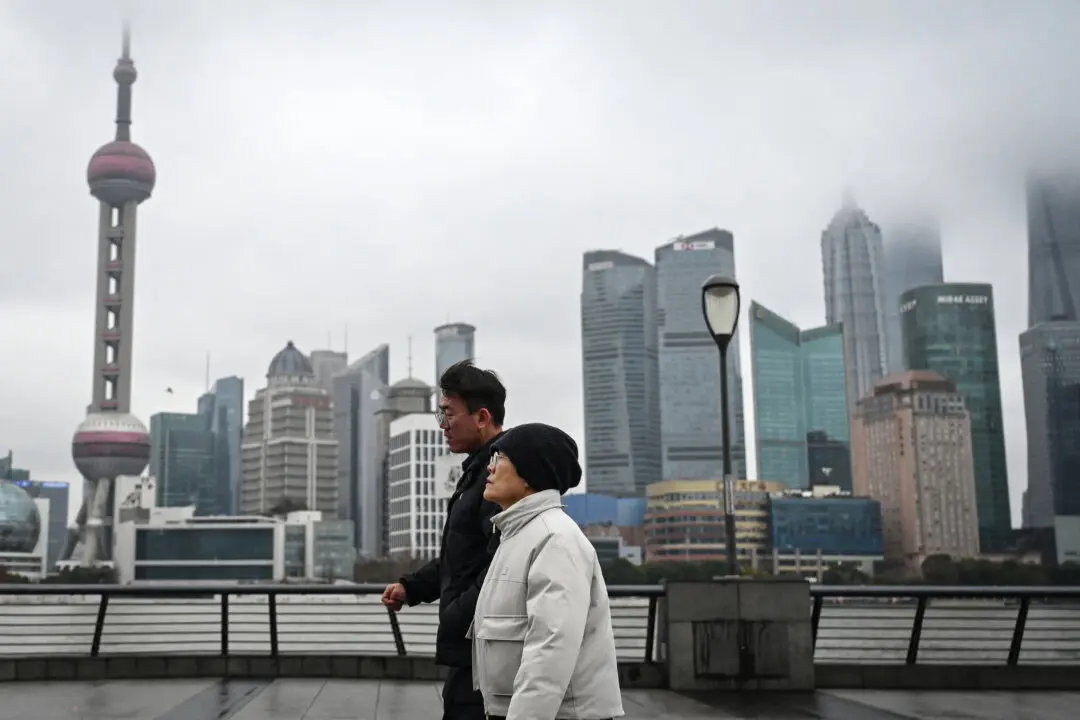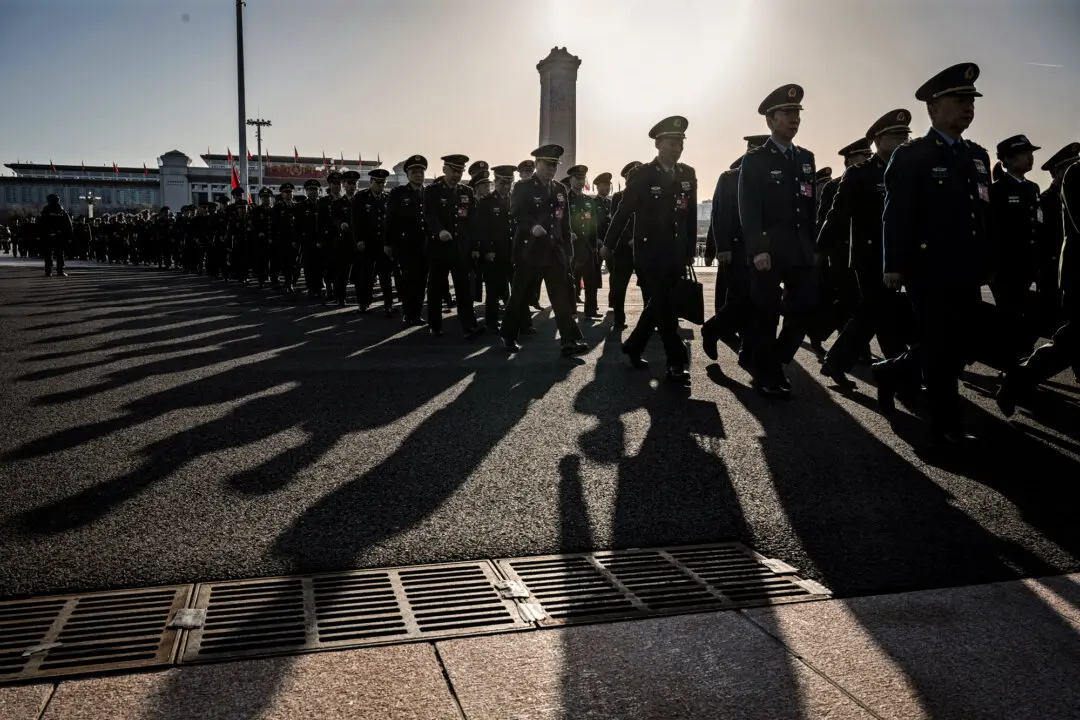Chinese universities controlled by the ruling Chinese Communist Party (CCP) have directed college graduates to go to the countryside for work, as China’s youth unemployment rate remains high.
It’s reminiscent of the massive Mao Zedong-era “sent-down youth” movement, which forced tens of millions of students to permanently relocate to rural areas from cities, observers say.




